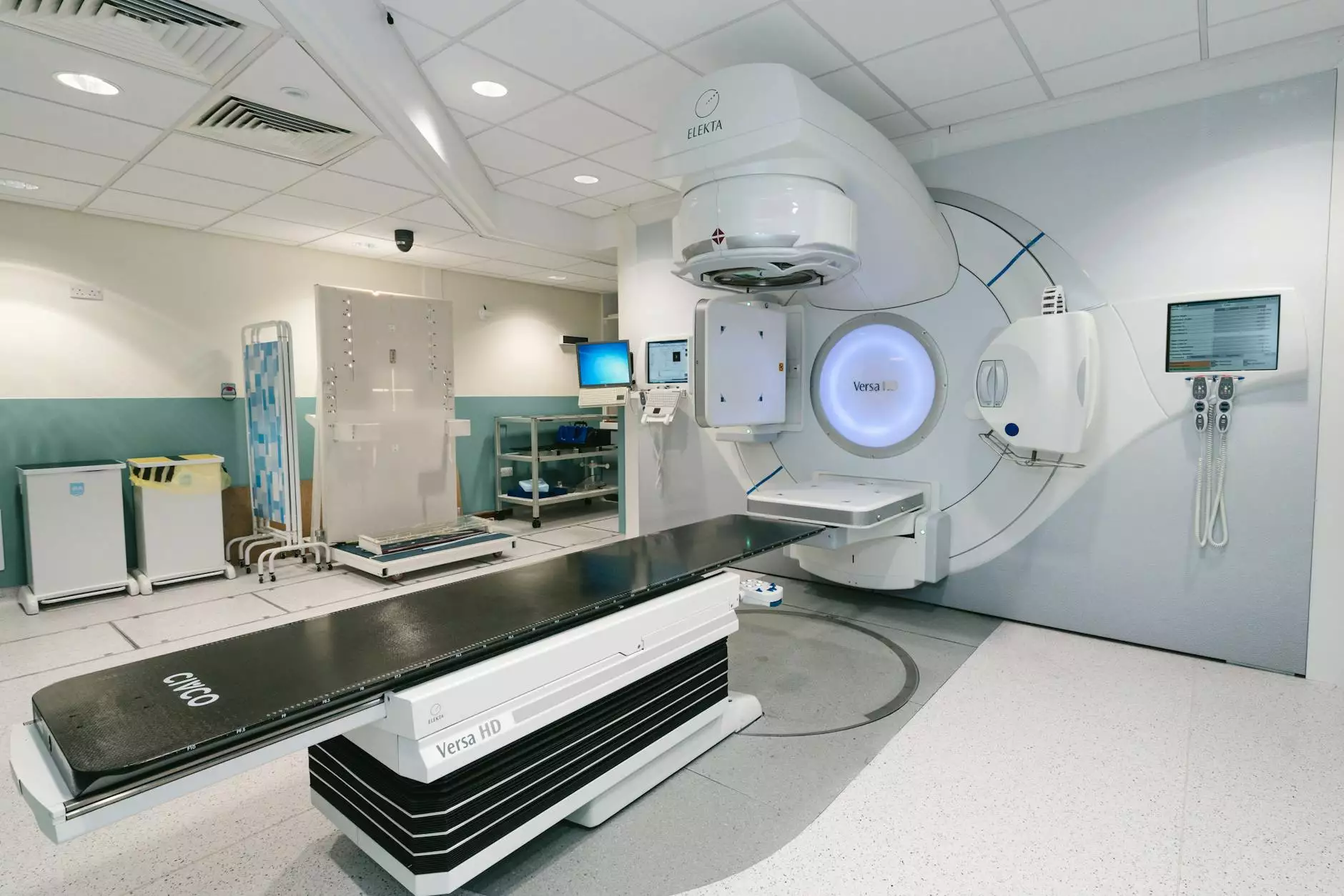Understanding Colon Cancer: The Essential Role of a Colon Cancer Hospital

Colon cancer is a significant health concern across the globe. It is imperative to understand the disease, its risk factors, and the critical role that colon cancer hospitals play in diagnosis, treatment, and recovery. This article dives deep into the facets of colon cancer care, tailored services provided by specialized hospitals, and vital insights that can help patients navigate their journey effectively.
The Importance of Early Detection
Early detection is crucial in the fight against colon cancer. Screening methods, such as colonoscopies and stool tests, can identify polyps before they progress to cancer. Regular screenings, especially for individuals aged 45 and over, significantly improve survival rates.
Key Screening Techniques
- Colonoscopy: A procedure that allows doctors to look at the inner lining of the large intestine for any abnormal growths.
- Fecal Immunochemical Test (FIT): A non-invasive stool test that checks for signs of cancer.
- CT Colonography: Also known as virtual colonoscopy, this imaging test uses CT scans to look for abnormalities in the colon and rectum.
Comprehensive Care Offered by Colon Cancer Hospitals
Colon cancer hospitals provide a multi-disciplinary approach to care. This includes not only oncologists but also gastroenterologists, nutritionists, and mental health professionals. Together, they create a tailored treatment plan that best suits each patient’s needs.
Multi-Disciplinary Teams
At a dedicated colon cancer hospital, patients benefit from the expertise of various specialists:
- Oncologists: Focus on cancer treatment options, including chemotherapy and targeted therapy.
- Surgeons: Specialize in surgical interventions when necessary, such as colectomies.
- Radiation Oncologists: Provide radiotherapy options as part of the treatment regimen.
- Dietitians: Offer nutritional guidance to help maintain health during treatment.
- Mental Health Professionals: Address the psychological impact of cancer diagnosis and treatment.
Innovative Treatment Options for Colon Cancer
Colon cancer treatment has evolved significantly, thanks to ongoing research and technological advancements. Colon cancer hospitals are at the forefront of utilizing innovative treatment options.
Surgical Treatments
Surgery remains one of the most effective treatments for colon cancer, especially in early stages. Some surgical options include:
- Colectomy: Surgical removal of part or all of the colon.
- Minimally Invasive Procedures: Such as laparoscopic surgeries which lead to quicker recovery times.
- Robotic Surgery: Advanced technology that enhances precision during surgical procedures.
Medication and Chemotherapy
Depending on the cancer's stage, chemotherapy may be recommended. Modern chemotherapy regimens are more personalized, focusing on the genetics of both the cancer and the patient. Additionally, targeted therapy drugs can kill cancer cells while minimizing harm to normal cells.
Emerging Therapies
Research continues to develop new treatments, including:
- Immunotherapy: Helping the immune system recognize and destroy cancer cells.
- Targeted Therapies: Focus on specific genetic mutations found in tumor cells.
Patient Support Services at Colon Cancer Hospitals
Recognizing that a cancer diagnosis impacts every aspect of life, colon cancer hospitals prioritize comprehensive support services. These include:
Nutritional Counseling
Nutrition is vital during treatment. Registered dietitians work with patients to create meal plans that boost energy, maintain strength, and combat treatment side effects.
Psychosocial Support
Dealing with colon cancer is a psychological challenge. Hospitals provide access to mental health professionals who offer therapy, support groups, and coping strategies.
Physical Rehabilitation
Post-treatment rehabilitation programs are available to help patients regain their strength and improve their quality of life. Exercise programs can be tailored to individual abilities and needs.
The Role of Technology in Colon Cancer Treatment
Technological advancements enhance the precision and effectiveness of colon cancer treatments. Hospitals are now equipped with:
Advanced Imaging Techniques
- 3D Imaging: Provides a clear picture of the cancer's location and size, aiding better decision-making.
- MRIs and CT Scans: Used to determine the extent of the disease.
Robotic-Assisted Surgery
Robotic systems allow surgeons to perform complex surgeries with enhanced precision and control, resulting in better outcomes and quicker recoveries.
Choosing the Right Colon Cancer Hospital
Finding the right hospital can make a profound difference in treatment outcomes. Consider the following factors:
- Reputation: Look for facilities with high success rates and positive patient reviews.
- Accreditations: Verify if the hospital is accredited by recognized medical organizations.
- Specialized Teams: Ensure the hospital has a multi-disciplinary team that focuses specifically on colon cancer.
- Clinical Trials: Participation in clinical trials may offer access to the latest treatment options.
Living Beyond Colon Cancer
Survivorship begins after treatment. It’s essential for patients to develop a robust follow-up plan, which may include regular screenings, lifestyle adjustments, and ongoing support from a care team.
Long-term Lifestyle Changes
Adopting a healthy lifestyle can significantly impact overall well-being and reduce the risk of recurrence.
- Balanced Diet: Emphasizing fruits, vegetables, whole grains, and lean proteins.
- Regular Exercise: To maintain a healthy weight and improve physical health.
- Continuous Health Monitoring: Regular check-ups and screenings as directed by healthcare providers.
Conclusion: Empowering Patients through Education and Resources
Colon cancer hospitals play a pivotal role in the early detection, treatment, and management of colon cancer. Through a combination of advanced medical practices, comprehensive patient support, and a focus on innovation, these institutions empower patients to take control of their health. Education on risk factors, symptoms, and treatment options enhances the ability of individuals to make informed decisions. Together, we can fight colon cancer, improve survival rates, and enhance the quality of life for patients everywhere.



